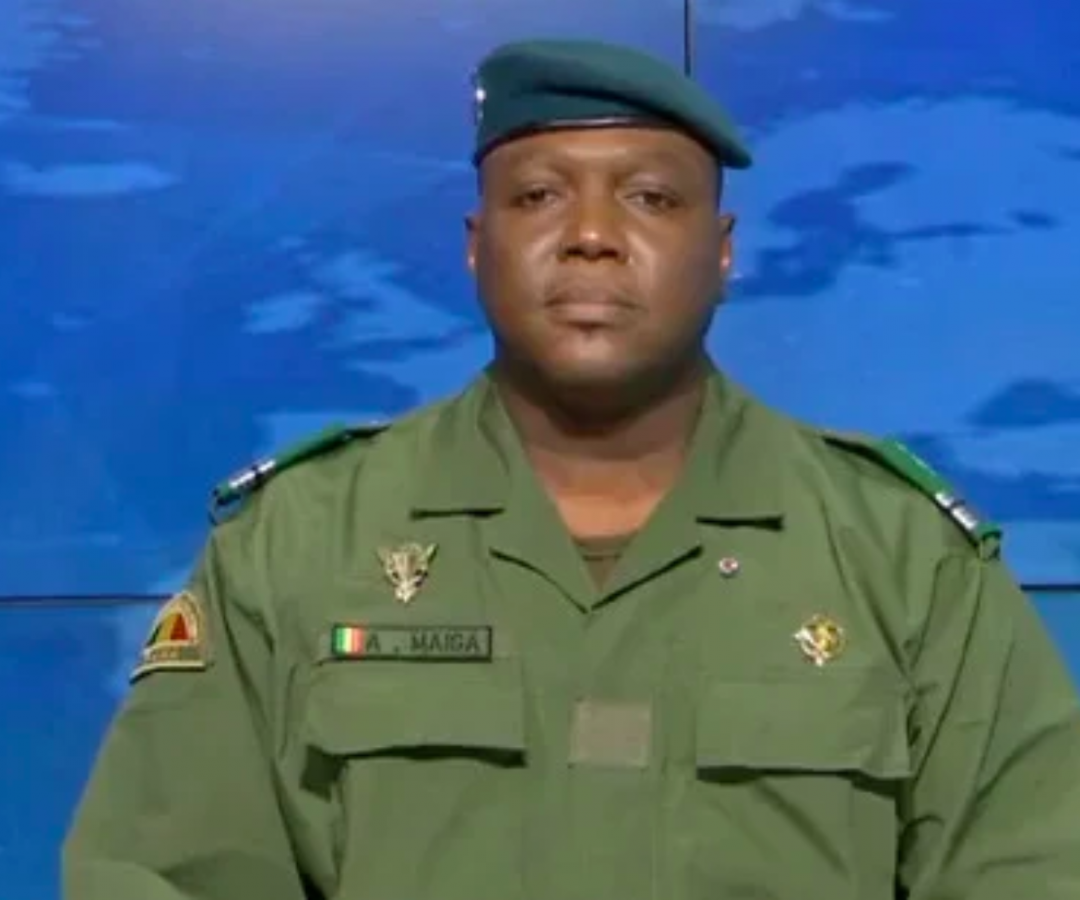World
Niger Coup Turns West Africa Into Geopolitical Tinderbox
By Belal Awad · August 2, 2023
In brief…
- Military coup in Niger ousted President Mohamed Bazoum, causing a deepening political crisis.
- ECOWAS, a union of 15 west African states, has imposed sanctions and threatened force if Bazoum is not reinstated within a week.
- While the West has condemn the coup, nearby Mali, Burkina Faso, and Guinea have voiced support.
- The U.S. is holding off on sanctions for now, but supports the cause of democracy in Niger.

The political crisis in Niger continues to deepen following the military coup that ousted democratically elected President Mohamed Bazoum. The 15-member Economic Community of West African States (ECOWAS) has imposed sanctions on Niger, threatening force if the coup leaders do not reinstate Bazoum “within a week.” At the same time, other African nations such as Mali and Burkina Faso have rallied behind the coup leaders, further deepening the region’s political fault lines. Meanwhile, as tensions mount, the U.S. has ordered a partial evacuation of its embassy in Niger “out of an abundance of caution,” according to State Department spokesman Matthew Miller.
The coup, led by General Abdourahamane Tchiani, former head of Bazoum’s presidential guard, has sent shock waves across Africa and beyond. The power grab has drawn condemnation from the African Union, the United States, the United Nations, and the European Union. ECOWAS Commissioner for Political Affairs, Peace, and Security, Abdel-Fatau Musah said in a statement: “The military option is the very last option on the table, the last resort, but we have to prepare for the eventuality.” He added, “There is a need to demonstrate that we cannot only bark but can bite.”
The coup has been decried by foreign powers, fearing it may enable rogue armed forces to gain control over this unstable region of the world. British Foreign Secretary James Cleverly, after meeting with Nigerian President Bola Tinubu, said, “The UK very much welcomes ECOWAS’ actions and [they] are indeed decisive actions with a strong commitment to democracy.”
Coup leaders, meanwhile, accuse France, which has thousands of troops in Niger, of planning an attack, a claim denied by the Macron government. Mali and Burkina Faso have warned that any outside intervention in Niger would be unacceptable, with Abdoulaye Maïga, the Interim Prime Minister of Mali, declaring, “We refuse to apply these illegal, illegitimate and inhumane sanctions against the people of Niger. We warn that any military intervention against Niger will be considered as a declaration of war against Burkina Faso and Mali.”
The U.S. has not yet imposed any sanctions, instead allowing Niger’s military time to reverse course. U.S. National Security Council spokesperson John Kirby said, “We haven’t made a determination yet because it is still an ongoing fluid situation. It is clear that there has been an attempt to remove President Bazoum from office. It’s not yet clear that attempt will ultimately be successful. U.S assistance hinges on continued democratic governance in Niger.”
Despite being one of the world’s largest Uranium producers, Niger is one of the world’s poorest economies with an average annual per capita GDP of $533.